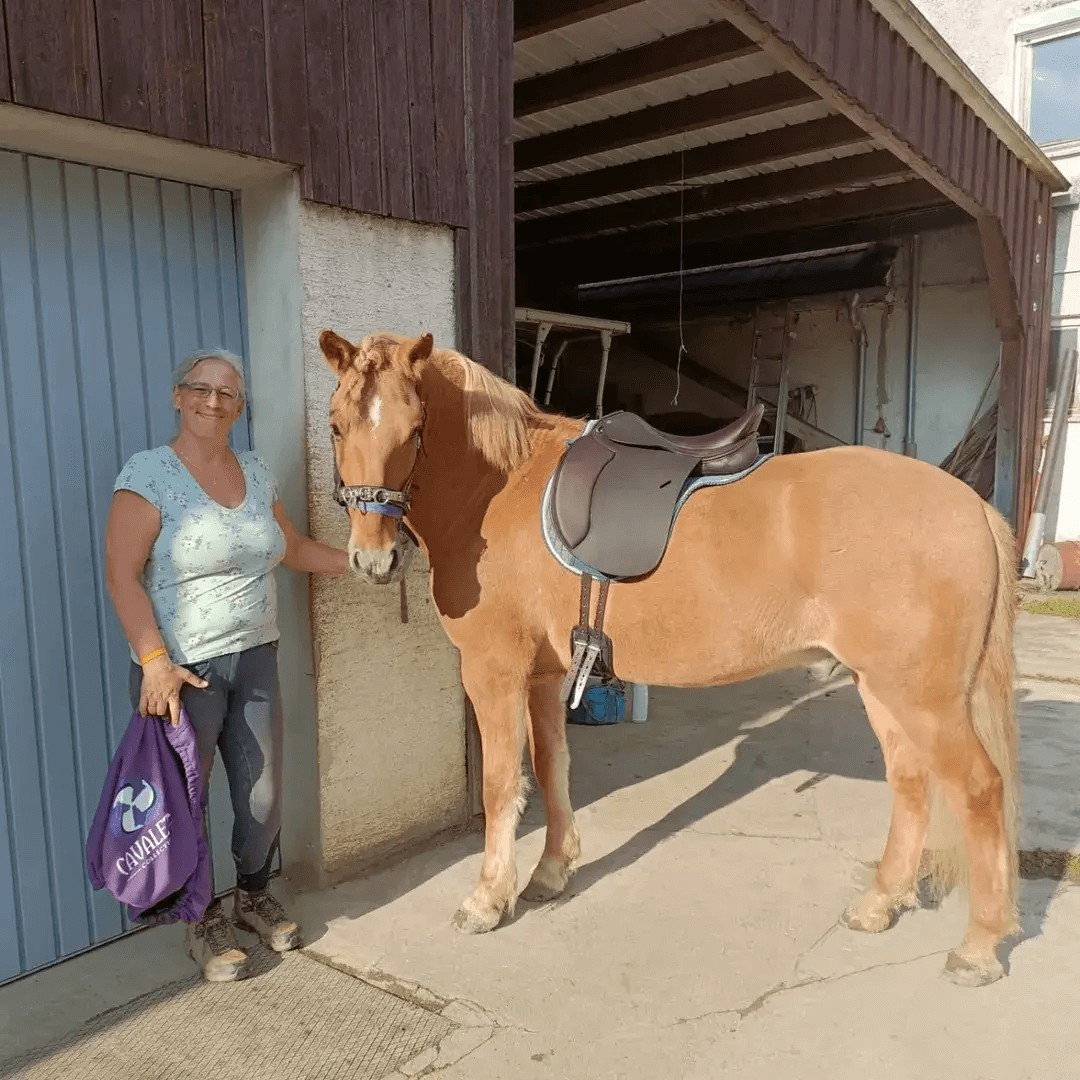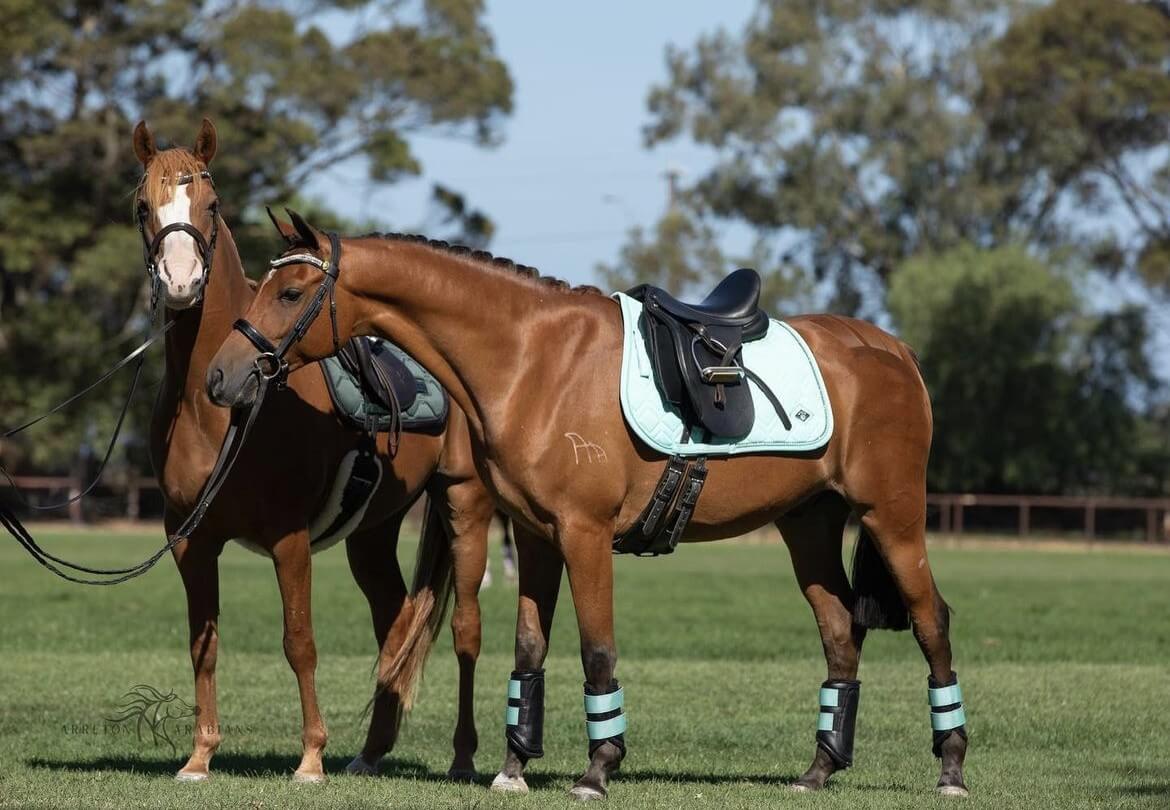5 Important Horse Care Tips for the Winter
With winter just around the corner, we need to consider what they need to do to care for their horses throughout the colder months. Winter brings tough conditions, and different horses require different care to be able to cope with these conditions. So, what can we do?
1. Check that your horse has enough forage to eat
First, it is important to check that your horse has enough forage to eat. Throughout the winter, grass growth starts to slow and the frosty weather can leave fields with little grass for your horse to eat. Horses use their food as a way of heating themselves up, so it’s important to ensure your horse has enough quality forage.
2. Make sure your horse has enough to drink
If temperatures drop, water supplies can end up freezing, leaving your horse without access to water. That’s why it is so important to check your horse's water supply regularly, especially first thing in the morning in case the water froze overnight.
It’s also important to consider that if your horse is eating more hay than usual throughout winter, they will likely need to drink more water to help with digestion.
Did you know that horses, on average, drink between 5-10 gallons of water per day?
3. Make sure your horse has access to adequate shelter
Freezing conditions and heavy rainfall can create tough conditions for our four-legged friends. That’s why it’s important to provide your horse with access to shelter and to keep bedding dry to prevent your horse from becoming too cold.
4. Only rug your horse if needed
Many horses can generally cope well with colder temperatures. Whether you need to rug your horse or not depends on several factors including your horse’s breed, weight, coat and the weather. Clipped horses, older and younger horses as well as thinner horses will likely need to be rugged sooner. It is important not to rug your horse if they don’t need it, as this could lead to your horse sweating, becoming uncomfortable, and could cause skin conditions.
5. Monitor your horse’s weight regularly
There are a few reasons your horse may lose weight during winter, for example, there may be limited access to quality forage and your horse will be burning more calories to keep warm. That’s why it is important to regularly check their weight and understand whether you need to adjust your horse's calorie intake. Be sure to know what your horse's weight is at the beginning of winter, then continue to monitor for any changes.





